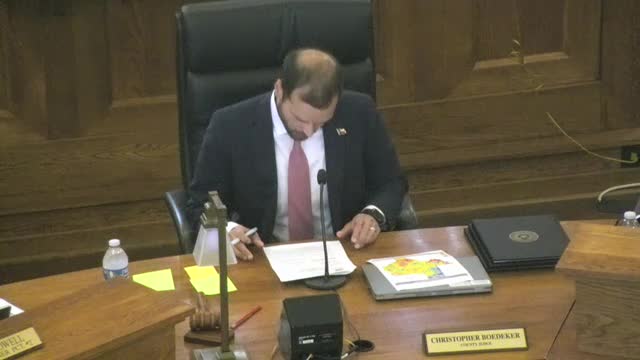Article not found
This article is no longer available. But don't worry—we've gathered other articles that discuss the same topic.
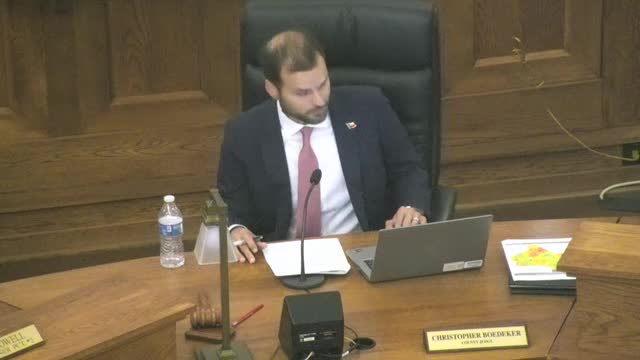
Court awards $794,430 construction contract for service‑center remodel; ARPA funds to cover portion above $500,000
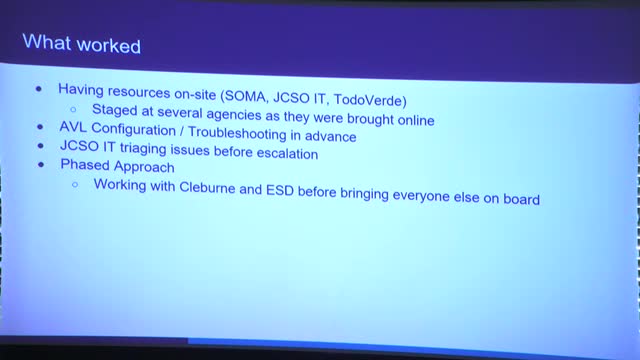
Elections office to buy new ES&S poll books after vendor closure; Secretary of State funds to cover accessories
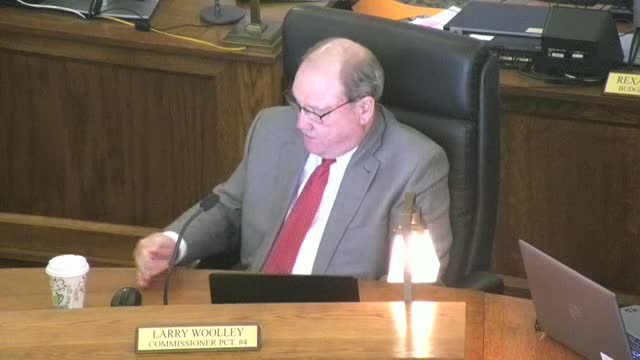
Johnson County sets countywide fire restrictions starting Sept. 15 amid drying fuel conditions
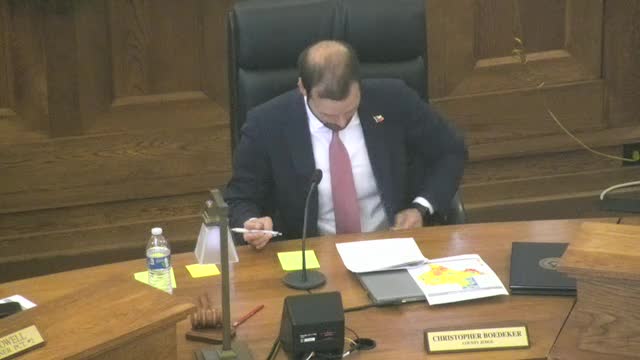
Commissioners acknowledge TCEQ notice for proposed 1M-gallon-a-day wastewater plant near Burleson
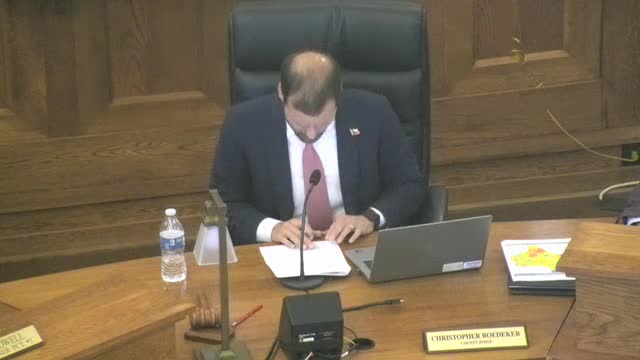
Johnson County accepts Soma Global CAD/RMS go‑live, approves final ARPA milestone payment
